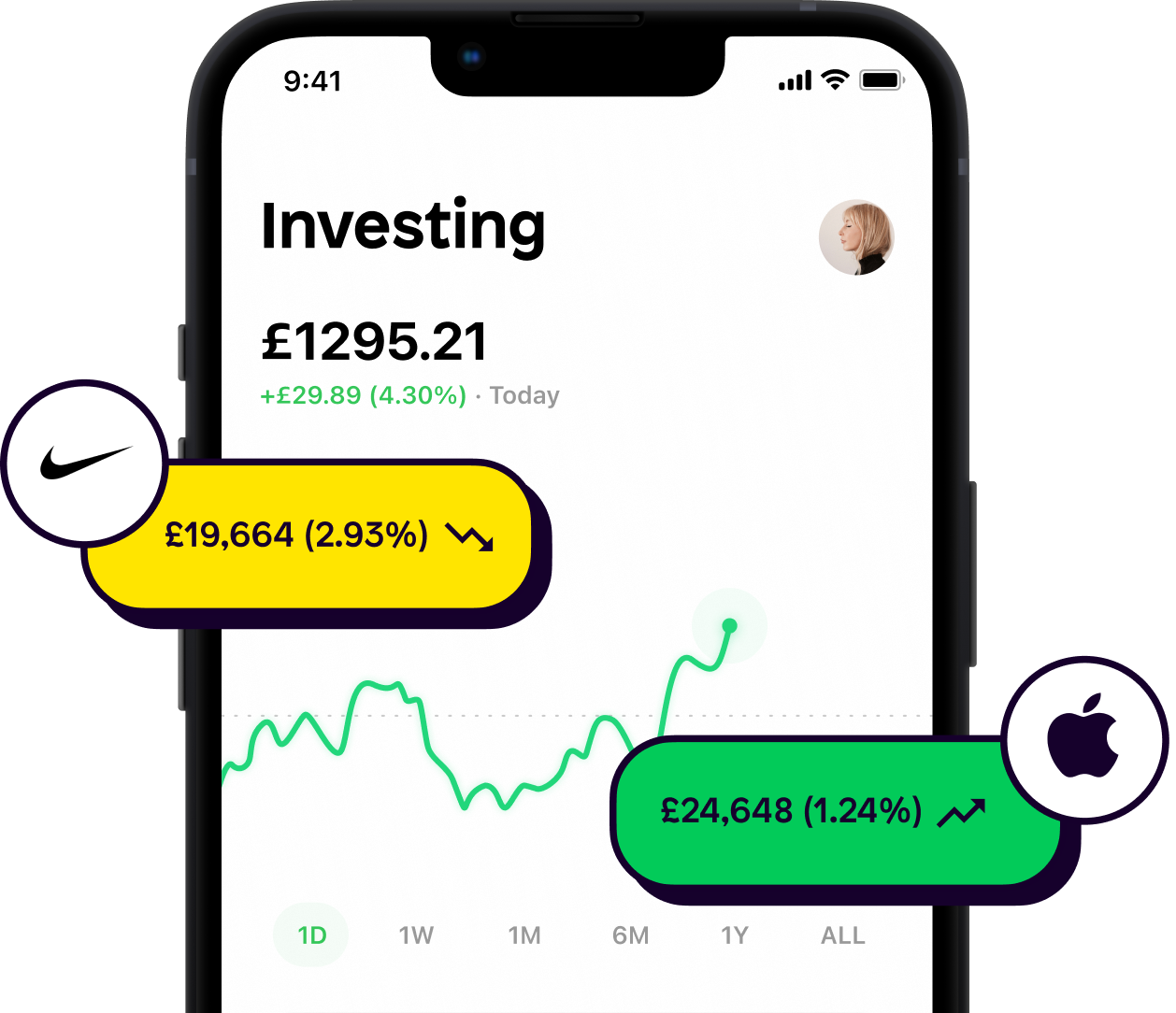Definition of a stock split
A stock split is when a public company alters the number of its shares available to the public. The value of the company remains the same, but the amount of shares and price per share will change.
The amount of shares usually increases, but occasionally, a ‘reverse stock split’ can happen which means the shares available decrease. Either way, the company’s value remains the same.
So to recap:
The number of shares will change, but the total value of all shares is the same
A stock’s price will change
The amount of shares you own will change
The value of the company will not change
The most common split types are 2-for-1 or 3-for-1 (sometimes called 2:1 or 3:1). For example, in a 2-for-1 stock split, for every share you had before the split, you’d have two after.
Example of a stock split
If a company called 'Beds for Beagles' has 10 million shares, priced at £2 each, the company would have a market capitalisation (‘market cap’) of £20 million (as 10,000,000 × 2 = 20,000,000)
If Beds for Beagles then took what’s known as ‘corporate action’ and decided to undergo a stock split by 2-for-1, then there would be 20 million shares available. Of course, the share price would then half to £1. Although the two numbers have changed, the market cap remains the same as 1 × 20,000,000 = 20,000,000.


Why does a stock split happen?
A traditional split often happens when a stock’s price becomes too high. By reducing the share price, it encourages more people (typically newer/retail investors) to buy the stock. A lower stock price makes it easier for those with less money to purchase shares, which increases liquidity (the amount of shares in circulation being traded).

Types of stock splits
There are two main types of stock splits:
1. The traditional stock split
A traditional stock split is the most common form of split. Like in our example above, each shareholder will receive additional shares for each share they already own. Of course, the price per share will be adjusted so the investor is no better, nor worse off than before.
When you hear a '2-for-1' stock split, it simply means the amount of shares has been doubled, but the price per share has been halved. It doesn't have to be a 2-for-1 split either - a 3-for-1, 4-for-1 or even a 100-for-1 split can take place!

2. The reverse split
A reverse split is the opposite of a traditional split. It reduces the number of outstanding shares, and as a result, increases the stock price per share.

Are stock splits good or bad?
Stock splits are usually seen as a positive sign by investors and the market, as they can indicate that a company is performing well and is confident in its future prospects. But, it’s important to remember that a stock split doesn't change any fundamentals of the company. As an investor, you should be understanding a company's motives for wanting to split its stock.
Got any more burning questions? Ask away in one of our communities inside the Shares app.
Make sure to follow us on our socials 👇
As with all investing, your capital is at risk.
Shares App Ltd is an appointed representative of RiskSave Technologies Ltd, which is authorised and regulated by the Financial Conduct Authority (FRN 775330). Shares App Ltd is a company registered in England and Wales with company number 13374448.












